Six Rules for Smart Online Shopping
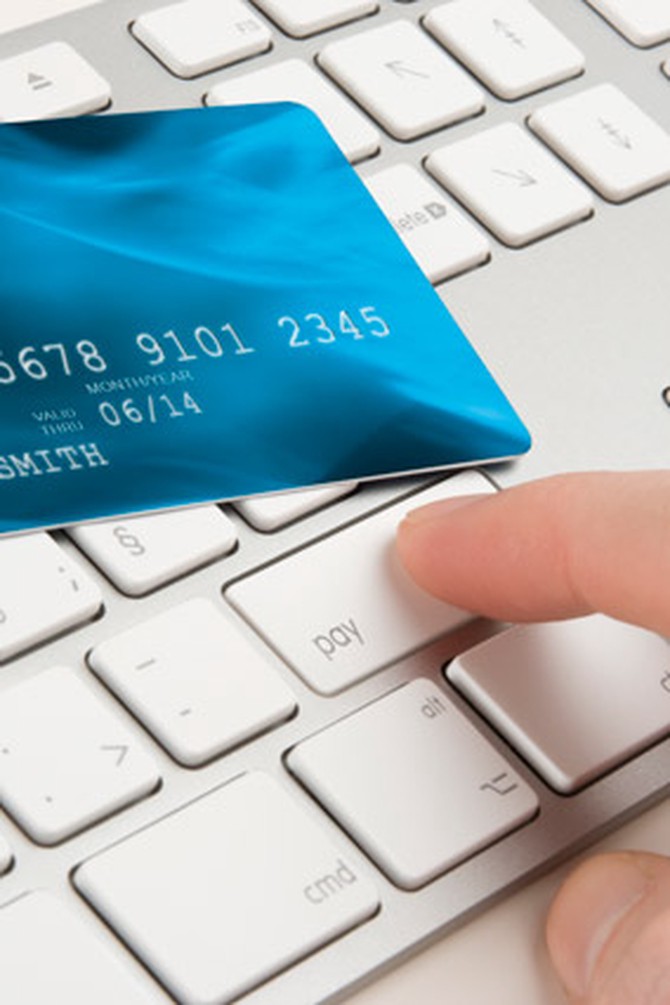
Photo: Thinkstock
Don't Lose Your Dollar Sense
I shouldn't have to tell you to buy only what you can pay for. But it's easy to
lose your head—and scuttle your budget—in a bidding war. If you plan to bid on
an item, first write the maximum you can afford on a Post-it, stick it to your
computer monitor, and then don't exceed it, period. If an item's starting price
is already near your upper limit, be careful about diving in. It's not uncommon
to see sniping—a bidding frenzy in the closing minutes of an auction—that could
tempt you to spend more than you planned. Finally, don't forget to pay attention
to the shipping costs. They will probably be a major outlay for expensive or
heavy items and are sometimes padded when a seller is trying to make up for a
low sale price.

Photo: Thinkstock
Stick to Stellar Sellers
Most auction and flea-market sites display a feedback rating for sellers. Do business only with those who have the highest rating, and keep an eye on the number of transactions the seller has completed. The higher that number—and I'm talking hundreds and thousands—the more confident you can be.
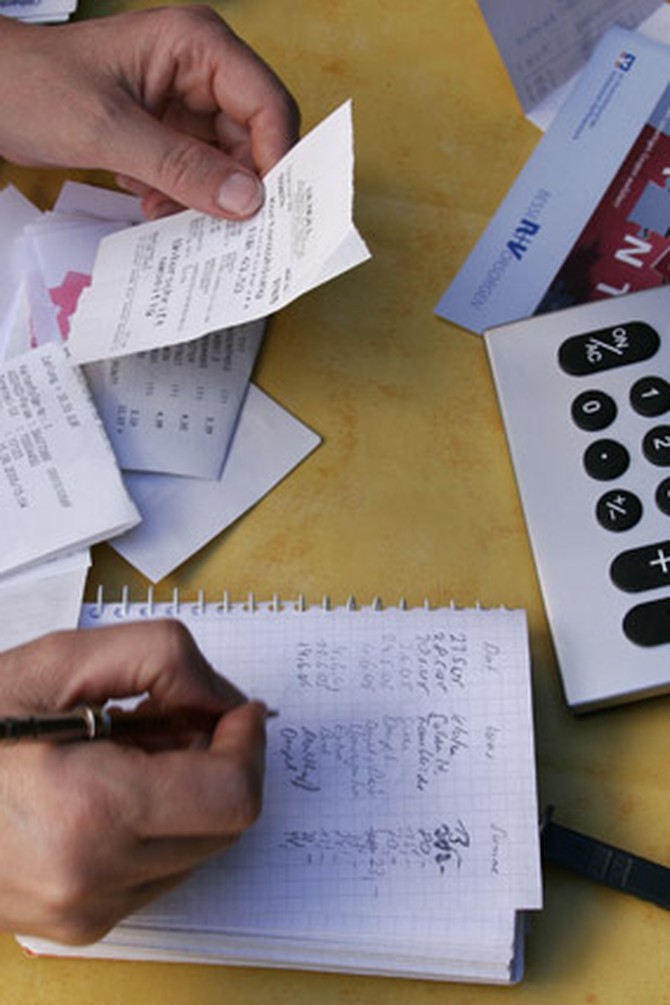
Photo: Thinkstock
Leave Yourself a Way Out
Major businesses should have a written return policy. Luxury auction site Portero, for
example, offers a 100 percent refund within 30 days of the purchase. Sites like eBay, Etsy (a marketplace for handmade items), and
1stdibs leave the return policy up to each vendor. If you don't see one listed,
e-mail the seller directly before buying.
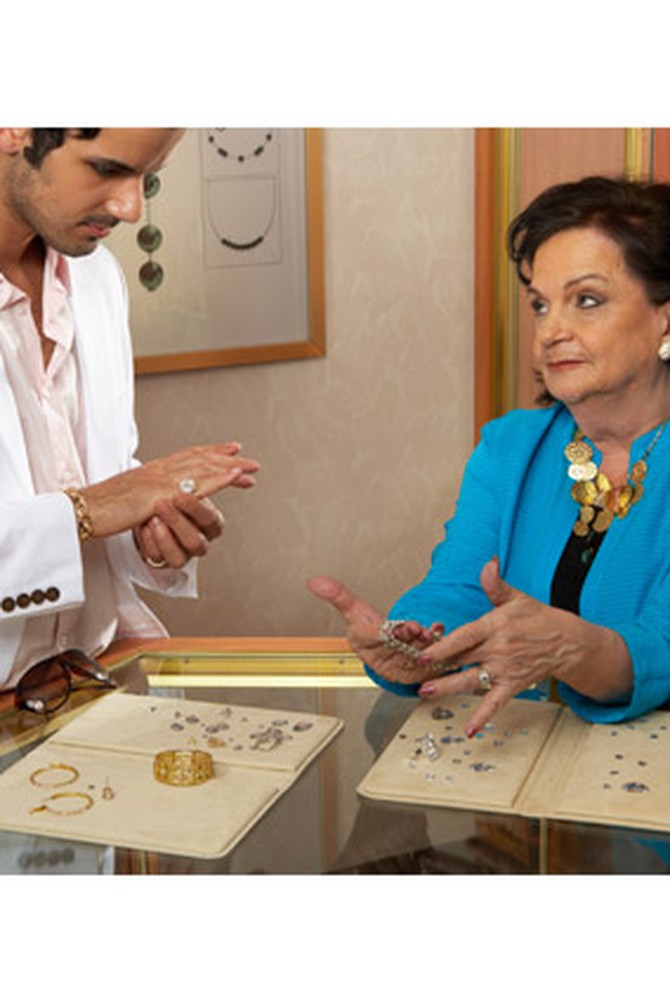
Photo: Thinkstock
Know What It's Worth
When purchasing mass-produced items, compare prices at Shopzilla. For one-of-a-kind items, though, judging value is often more art than science. For either type of purchase, if you're shopping on a flea-market site, don't automatically settle for the list price. As anyone who has ever set foot in a swap meet knows, negotiation is part of the process. Once you've done your homework and have a sense of both the price and popularity of an item, respectfully make a counteroffer.
When buying expensive brand-name products or antiques, I urge you to verify the item's authenticity before making an offer. You cannot take it for granted. In 2004, Tiffany & Co. sued eBay, claiming that when the luxury jeweler purchased items advertised as Tiffany on the auction site, nearly three-quarters of the 186 products were fake. eBay didn't deny Tiffany's claims, but argued that because it doesn't take possession of any goods sold on its site, it isn't responsible for authenticating them. (One piece of good news: If the site receives a valid complaint, it will take punitive action on the rogue seller's account.) Caveat emptor is the lesson here. If you've had your eye on a designer sofa that retails for $6,000 and you find it online for half that amount, contact the vendor and politely ask for proof of authenticity, such as copies of written appraisals or additional photos that show distinguishing labels or stamps. If you're not sure what a telltale mark is on a particular item, head to the library for reference books. A lot of this information is on the Web, too.
Another verification option: Get help from a reputable antiques dealer, auction house, or appraiser. To find one, ask your home-insurance agent. You also can try the Web site for the PBS series Antiques Roadshow, which includes a contact list for the experts featured on the program. For any of these services, be prepared to pay a fee—well worth it if the item in question costs a few grand.
When buying expensive brand-name products or antiques, I urge you to verify the item's authenticity before making an offer. You cannot take it for granted. In 2004, Tiffany & Co. sued eBay, claiming that when the luxury jeweler purchased items advertised as Tiffany on the auction site, nearly three-quarters of the 186 products were fake. eBay didn't deny Tiffany's claims, but argued that because it doesn't take possession of any goods sold on its site, it isn't responsible for authenticating them. (One piece of good news: If the site receives a valid complaint, it will take punitive action on the rogue seller's account.) Caveat emptor is the lesson here. If you've had your eye on a designer sofa that retails for $6,000 and you find it online for half that amount, contact the vendor and politely ask for proof of authenticity, such as copies of written appraisals or additional photos that show distinguishing labels or stamps. If you're not sure what a telltale mark is on a particular item, head to the library for reference books. A lot of this information is on the Web, too.
Another verification option: Get help from a reputable antiques dealer, auction house, or appraiser. To find one, ask your home-insurance agent. You also can try the Web site for the PBS series Antiques Roadshow, which includes a contact list for the experts featured on the program. For any of these services, be prepared to pay a fee—well worth it if the item in question costs a few grand.
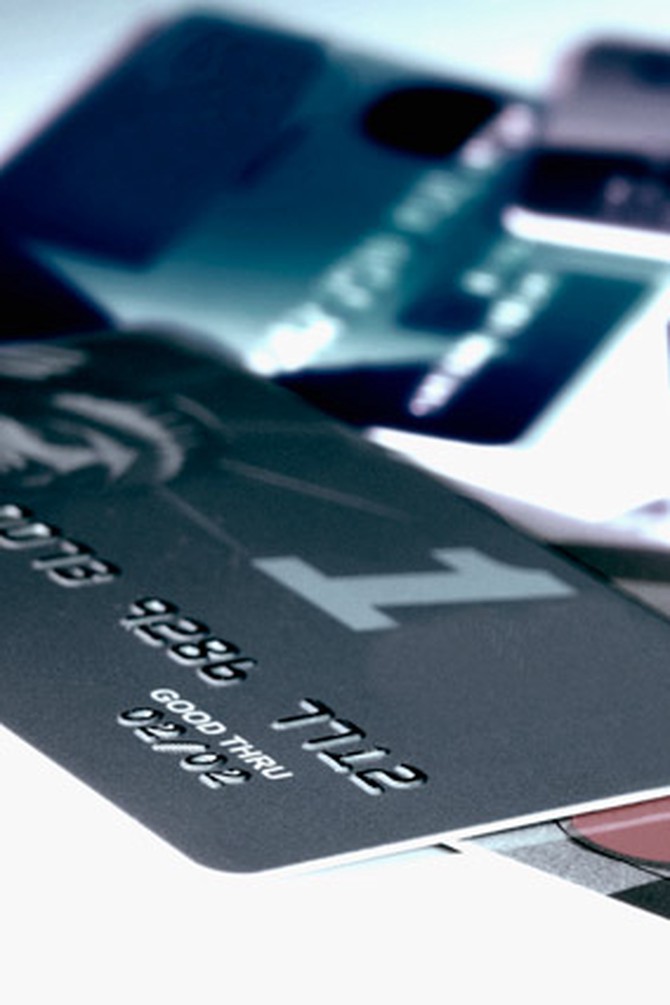
Photo: Thinkstock
Hold On to Your Cash
On the Internet, plastic is king. Any seller who asks you to send a personal check, a money order, or a wire transfer should put your "uh-oh" radar on high alert, because these cash equivalents make it difficult to get your money back in case of a dispute. Paying with a credit card means you can enlist the card issuer's help in securing a refund on domestic purchases.
If you're worried about giving the seller access to your credit card information, use an online service such as PayPal, which is safe and free for the consumer. Still, be sure to link that PayPal account to a credit card rather than your checking account. If a dispute arises and you can't return the item, you can recoup up to $2,000 through PayPal, but you'll have better protection through the card company.
You might feel more comfortable paying for defense against nasty surprises by funneling your money through an escrow service. This makes the most sense if you're dealing with a new seller who has yet to build a fabulous reputation, if you're wary about your credit card's protections, or if you're spending an amount of money that makes you nervous. Anytime you purchase an item, you pay the escrow service directly, plus a small fee. Once you accept the product, you notify the escrow service to release the payment to the seller. Only use escrow.com, which is overwhelmingly recommended by auction sites.
If you're worried about giving the seller access to your credit card information, use an online service such as PayPal, which is safe and free for the consumer. Still, be sure to link that PayPal account to a credit card rather than your checking account. If a dispute arises and you can't return the item, you can recoup up to $2,000 through PayPal, but you'll have better protection through the card company.
You might feel more comfortable paying for defense against nasty surprises by funneling your money through an escrow service. This makes the most sense if you're dealing with a new seller who has yet to build a fabulous reputation, if you're wary about your credit card's protections, or if you're spending an amount of money that makes you nervous. Anytime you purchase an item, you pay the escrow service directly, plus a small fee. Once you accept the product, you notify the escrow service to release the payment to the seller. Only use escrow.com, which is overwhelmingly recommended by auction sites.

Photo: Thinkstock
Stay on Site
Unscrupulous sellers have been known to lure bidders off auction sites to do business via personal e-mail. Although auction and flea-market sites don't have comprehensive consumer protections, the safeguards they do have are much better than what you'll find if you get scammed outside of a trusted Web site.
Once you've done all your homework, you should be able to avoid a disappointing shopping experience. To celebrate, kick back and admire your fabulous purchase with a nice bottle of wine. Perhaps one that you found on winebid.com—and purchased responsibly, of course.
Once you've done all your homework, you should be able to avoid a disappointing shopping experience. To celebrate, kick back and admire your fabulous purchase with a nice bottle of wine. Perhaps one that you found on winebid.com—and purchased responsibly, of course.
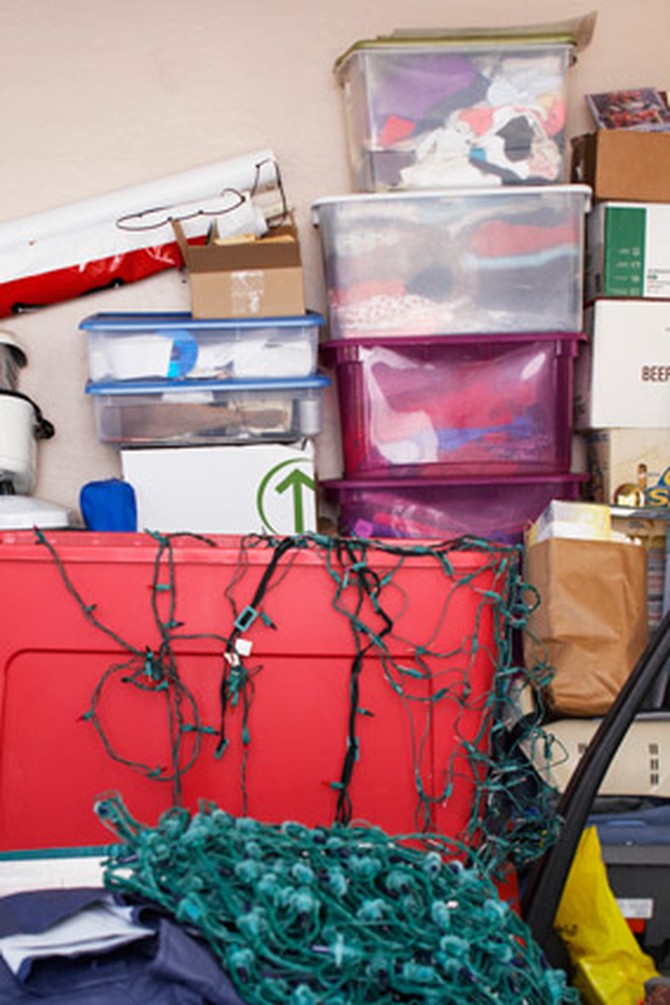
Photo: Thinkstock
An Easy Sell
Now that you've scored all those Internet deals (and spent all that cash), how about earning back a little money by selling some of your unneeded odds and ends online? There's no excuse not to, now that there are so many services that, for a commission, will do all the work—from writing the ad to shipping the product—for you. Sure, you'll make more if you sell it yourself, but it's better to cut into your profits than to clutter your home with things that are only collecting dust.
To find a seller in your area, go to auctionbytes.com and click on Consignment Services. Before you hand over your stuff, be sure to check out the seller's Positive Feedback rating on eBay.
Keep Reading: 22 ways to get a great deal on anything
To find a seller in your area, go to auctionbytes.com and click on Consignment Services. Before you hand over your stuff, be sure to check out the seller's Positive Feedback rating on eBay.
Keep Reading: 22 ways to get a great deal on anything
From the Spring 2008 issue of O, The Oprah Magazine

